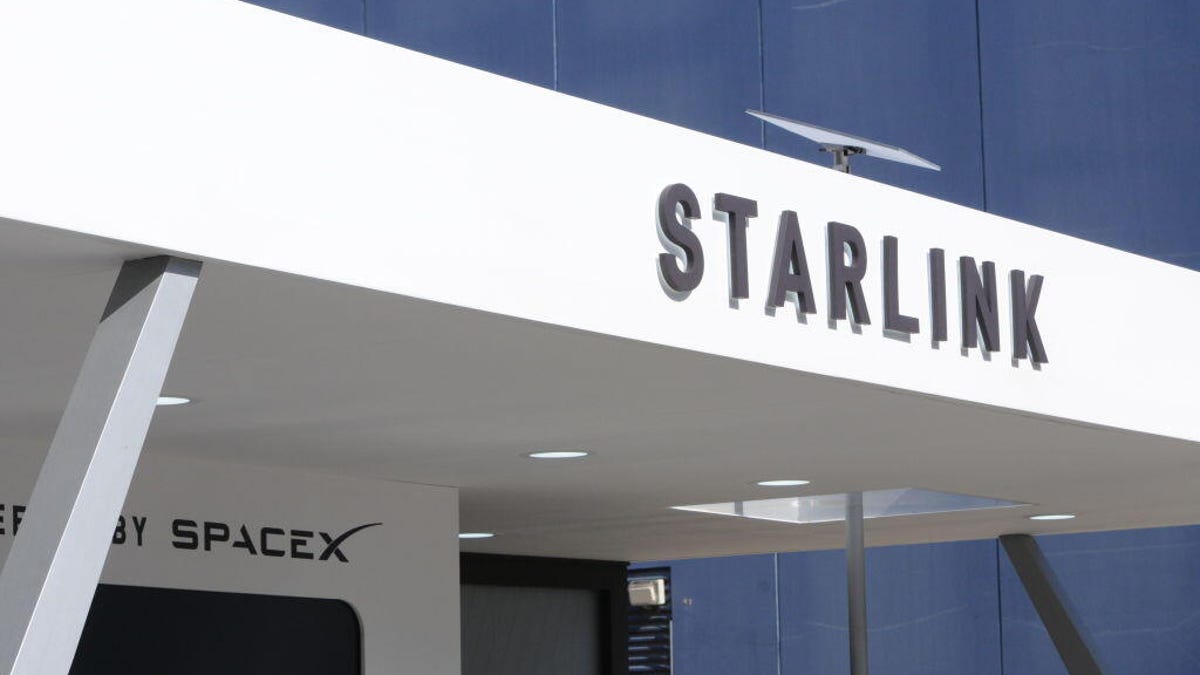The trade war is starting to get personal for Elon Musk. At the same time that he called President Donald Trump’s top trade adviser “dumber than a sack of bricks,” Musk stands to lose hundreds of millions of dollars in Canadian subsidies for his satellite internet service, Starlink.
It’s been a turbulent month for Starlink and Canada. On March 4, Ontario Premier Doug Ford ripped up a Starlink contract worth $100 million. Quebec, which has spent $130 million to provide citizens discounted Starlink service for the past three years, told the Financial Times that it won’t renew the contract when it expires in June. And on April 3, Yukon Premier Ranj Pillai said he would follow suit, canceling as many Starlink contracts as possible.
“Mr. Musk is part of a threat to our sovereignty as long as he’s aiding and abetting President Trump,” Geoff White, the executive director of the Public Interest Advocacy Centre, told CNET. “I think we need to take a serious look at whether or not we want this company providing service at all.”
Documents reviewed by The Financial Times show that Bell Canada — the largest telecom company in the country by revenue — and its subsidiary Northwestel are lobbying the Canadian government to keep Starlink from getting subsidies to serve the country’s remote northern areas. According to Starlink, the company had over 400,000 subscribers in Canada as of June 2024.
The situation is reminiscent of Starlink’s bid for $900 million in US broadband grants three years ago. That bid ultimately was denied because Starlink couldn’t show that it could meet the FCC’s speed requirements. Since then the company’s luck has turned in the US. After Musk spent $132 million to elect Republican candidates in 2024, Starlink is now poised to receive as much as $20 billion in rural broadband subsidies.
While Trump announced a 90-day pause in tariffs Wednesday, it’s unclear if Canada will back down from its Starlink divestment. Starlink has been a huge benefit for Canadians in remote areas without any other options for reliable internet, but it’s also been criticized for its high price tag. Starlink costs $140 per month in Canadian dollars (currently $99 US), compared to $120 a month in the US.
A representative for Starlink did not immediately respond to a request for comment.
Other countries take a more conciliatory approach
Tariffs haven’t been a guilt-by-association death sentence for Starlink elsewhere in the world. In advance of Trump’s “Liberation Day” on April 2, Vietnam granted approval to Starlink to operate in that country on a trial basis until 2030 — a move some analysts view as an effort by the country to avoid being hit with US tariffs due to its large bilateral trade surplus.
Bangladesh also greenlighted Starlink just a few days before its imports were hit with 37% tariffs. And on April 8, Brazil allowed Starlink on to launch an additional 7.500 satellites in the country — more than double the 4,408 Starlink satellites currently allowed to operate there.
Read the full article here


